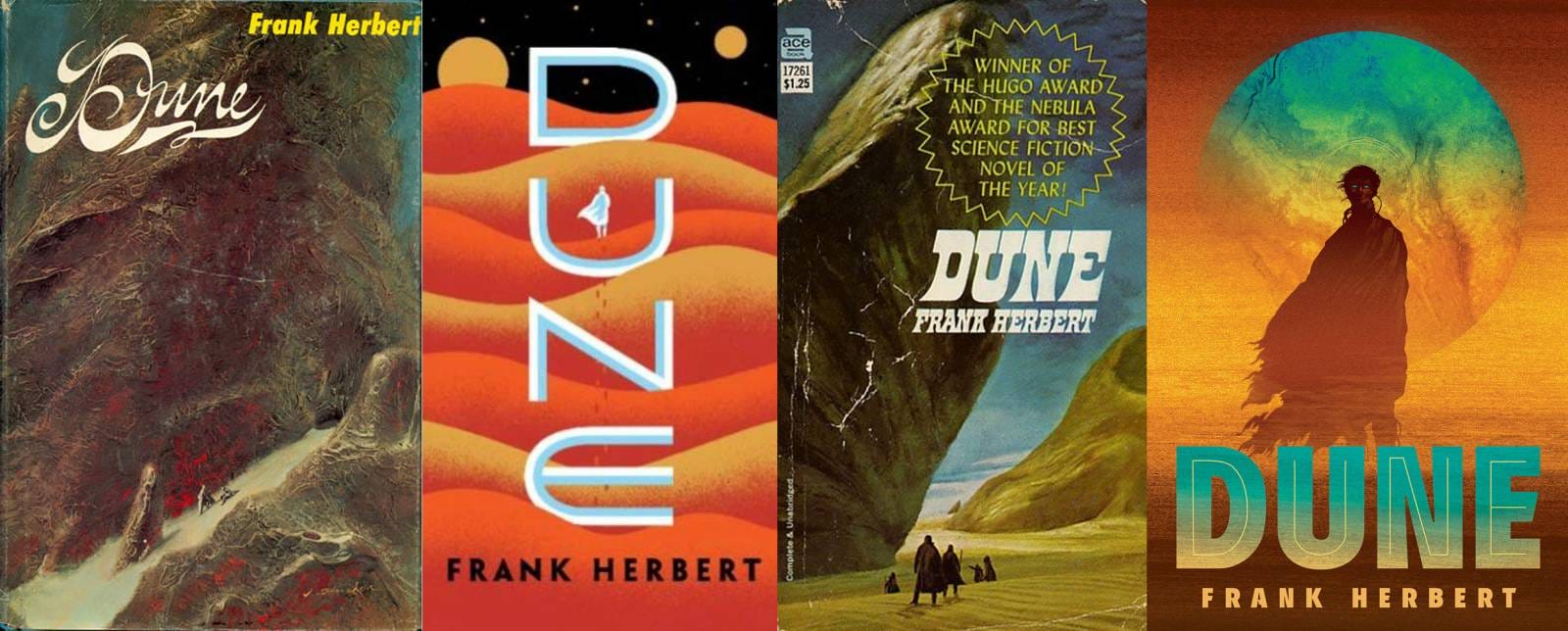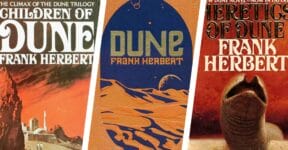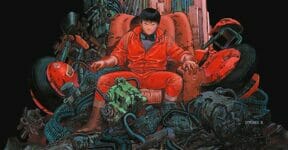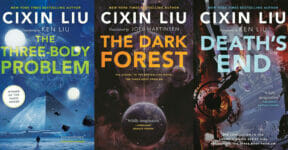Here are 10 of the best Modern Sci-fi Books to sink your teeth into if you’re a science fiction fan!
Sci-fi Books
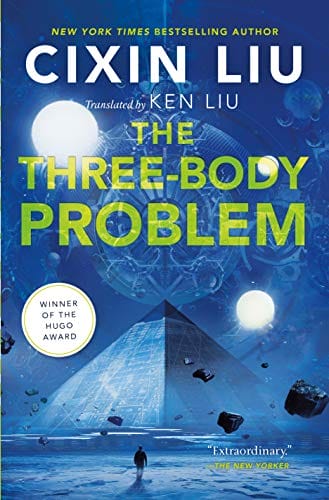
“The Three-Body Problem” by Cixin Liu
When a Chinese scientist discovers a mysterious extraterrestrial signal, the world is thrust into a narrative that spans the complexities of astrophysics, political intrigue, and the existential challenges posed by an impending alien invasion. As the story unfolds, it delves into the historical and cultural context of China, offering a unique perspective on humanity’s response to the unknown.
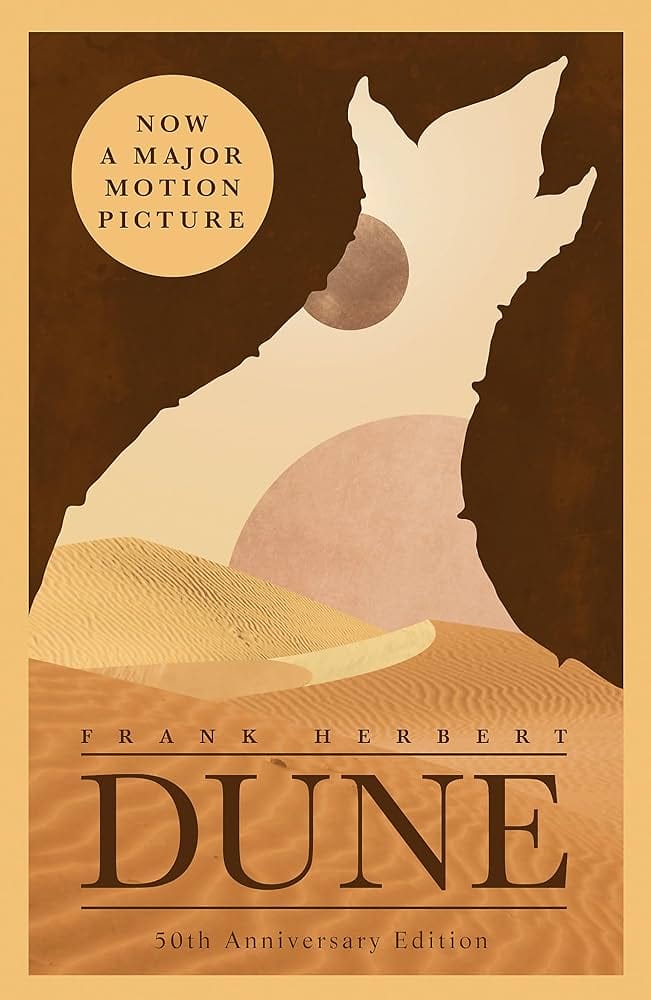
“Dune” by Frank Herbert
In the distant future, noble houses control entire planets, and the most valuable substance in the universe is the spice known as melange. “Dune” follows the journey of Paul Atreides, whose family takes control of the desert planet Arrakis, the only source of spice. Paul’s story intertwines with political machinations, environmental challenges, and a prophecy that foretells his destiny as the Kwisatz Haderach, a figure with the potential to shape the fate of the universe.
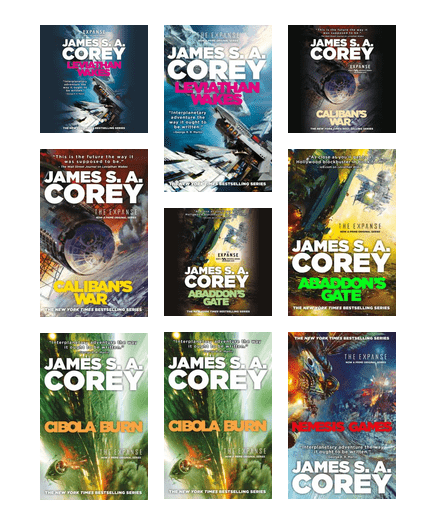
“The Expanse” series by James S.A. Corey
In a future where humanity has colonized the solar system, tensions between Earth, Mars, and the Belt threaten to erupt into war. Against this backdrop, detective Joe Miller and ship’s captain James Holden become entangled in a conspiracy involving a mysterious alien technology that could change the course of human history. The series explores the complexities of politics, power, and the human condition in space.
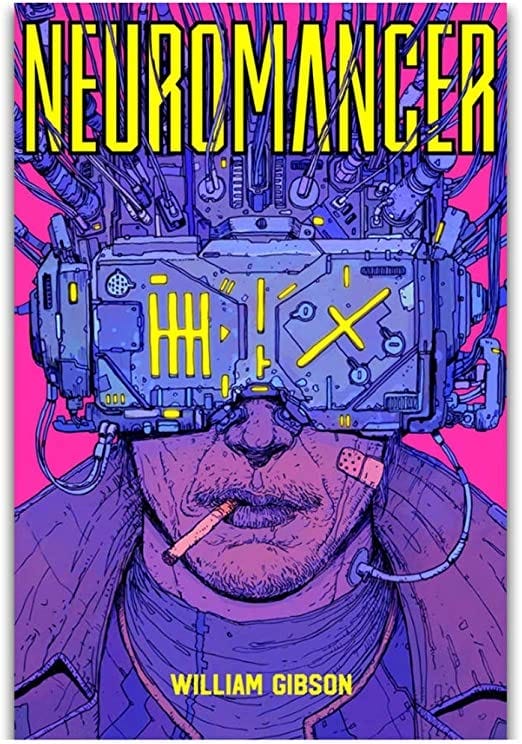
“Neuromancer” by William Gibson
“Neuromancer” is a seminal work in the cyberpunk genre. Case, a washed-up computer hacker, is hired for a final job that takes him into the virtual realm. As he navigates a world of artificial intelligence, mega-corporations, and cyber-enhanced mercenaries, Case discovers a conspiracy that blurs the line between the virtual and the real, challenging the very nature of consciousness and identity.
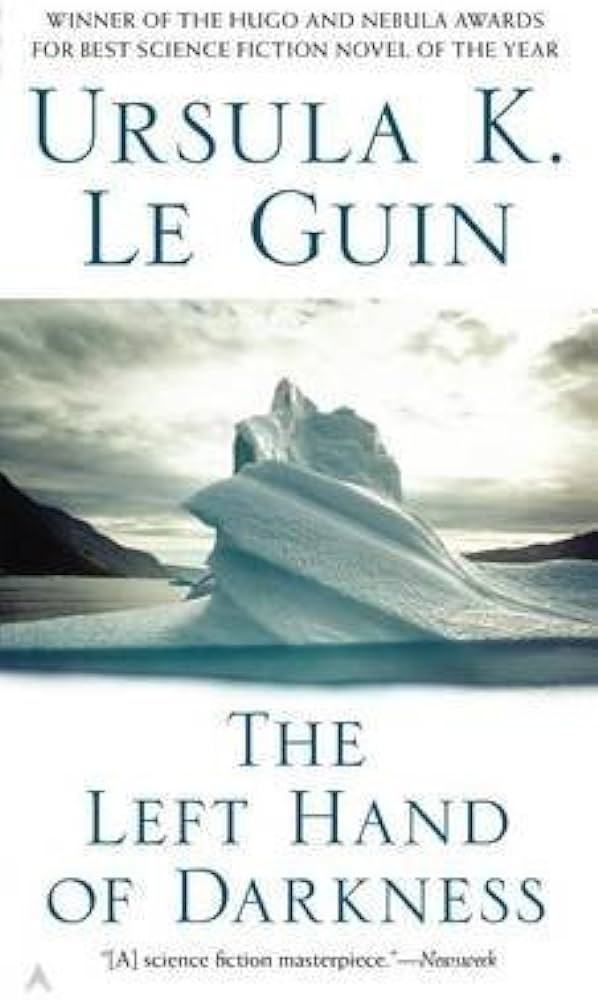
“The Left Hand of Darkness” by Ursula K. Le Guin
Genly Ai, an envoy from an interstellar alliance, travels to the planet Gethen to persuade its inhabitants to join. However, Gethenians are ambisexual beings, and their unique biology challenges Genly’s understanding of gender and relationships. The novel explores themes of cultural differences, politics, and the nature of human connection in a richly imagined world.
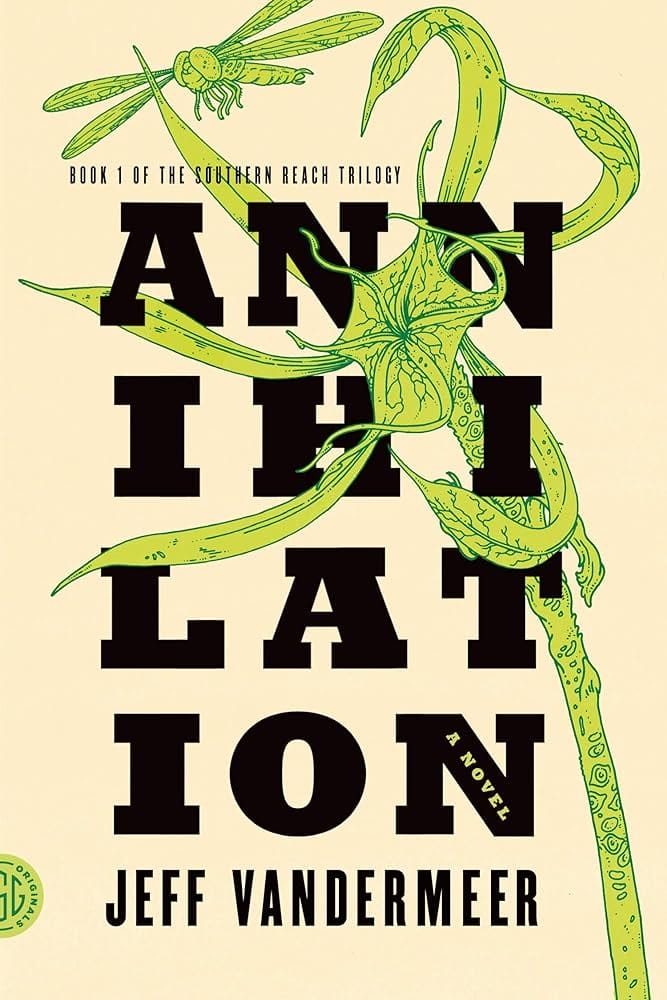
“Annihilation” by Jeff VanderMeer
The mysterious Area X, a region undergoing unexplained and otherworldly changes, is the setting for the twelfth expedition. As the biologist and her team venture into this surreal landscape, they encounter inexplicable phenomena and face internal and external threats. “Annihilation” is a haunting exploration of the unknown, blending ecological mystery with psychological horror.
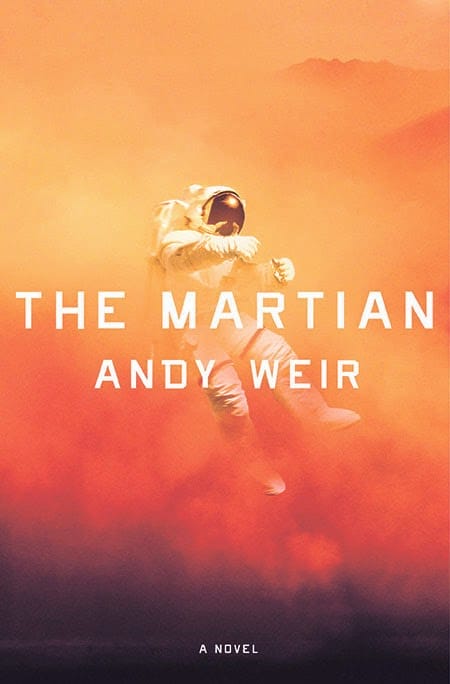
“The Martian” by Andy Weir
Mark Watney, an astronaut, is left stranded on Mars after a dust storm forces his crew to evacuate, presuming him dead. Using his scientific knowledge and resourcefulness, Watney must overcome numerous challenges to survive, all while Earth works on a daring rescue mission. The novel is a gripping tale of resilience, problem-solving, and the indomitable human spirit.
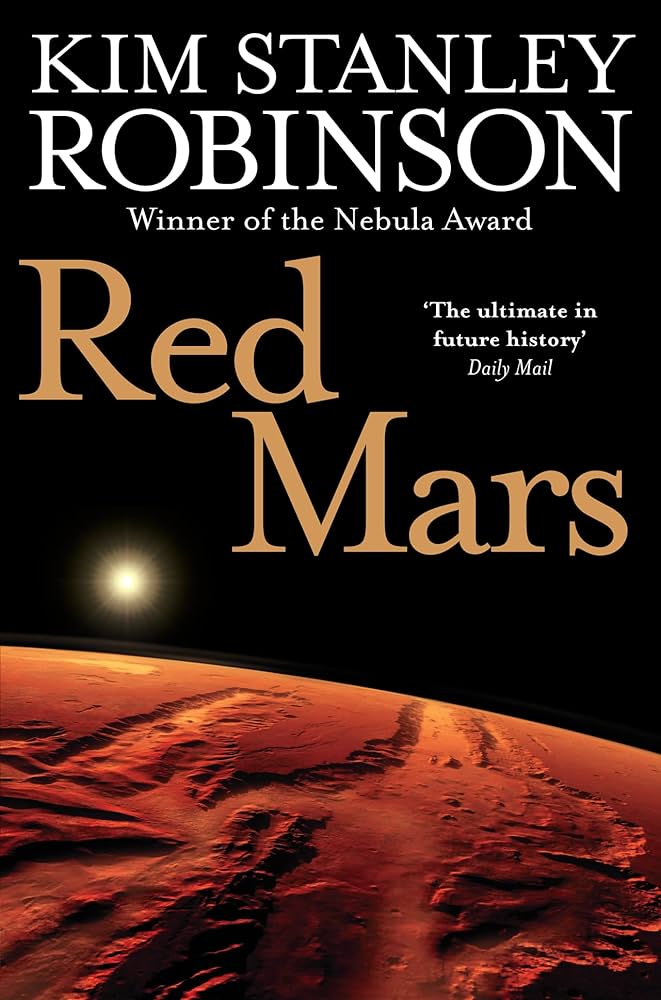
“Red Mars” by Kim Stanley Robinson
In this epic tale of the colonization of Mars, a diverse group of scientists and engineers grapple with the challenges of terraforming the planet. The narrative spans political intrigue, environmental dilemmas, and personal conflicts as the characters navigate the complex process of turning Mars into a habitable world. “Red Mars” is a masterful exploration of the scientific and sociopolitical implications of human expansion into space.
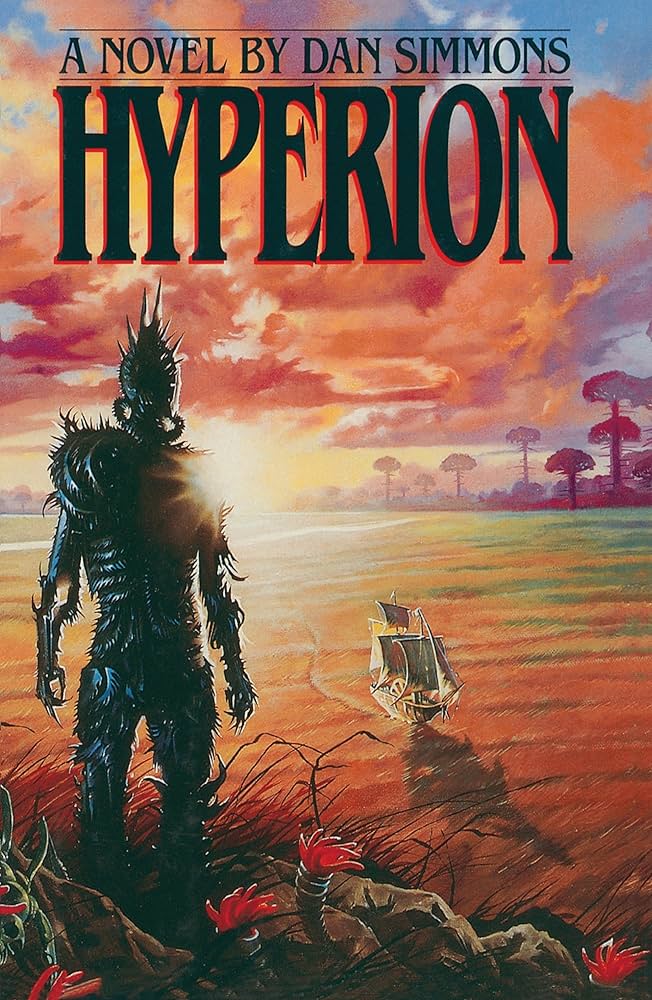
“Hyperion” by Dan Simmons
On the eve of interstellar war, seven pilgrims embark on a journey to the distant planet Hyperion, each sharing their life stories with a mysterious being known as the Shrike. The novel weaves a tapestry of diverse narratives, exploring themes of time, identity, and the consequences of advanced technology. “Hyperion” is a rich and complex science fiction epic that unfolds like a modern-day Canterbury Tales.
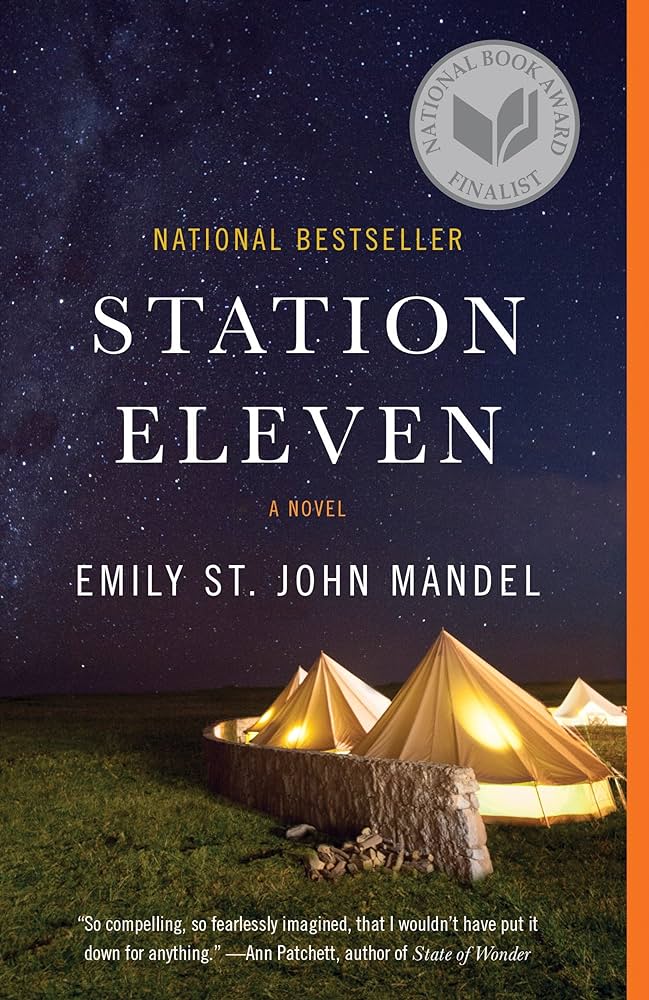
“Station Eleven” by Emily St. John Mandel
After a devastating pandemic wipes out most of humanity, “Station Eleven” follows interconnected characters before, during, and after the collapse of civilization. A travelling symphony and Shakespearean actors traverse the remnants of the old world, facing both physical and existential threats. The novel is a meditation on art, memory, and the enduring nature of human connections in the face of catastrophe.
How about you? What’s your favourite Modern Sci-fi Book? We’d love to hear from you.
Other things you might want to know:
What is the highest selling sci-fi book of all time?
“Dune” by Frank Herbert
What novel created modern science fiction?
Mary Wollstonecraft: Frankenstein: or, The Modern Prometheus.
Who are the big three sci-fi writers?
Clarke, Isaac Asimov, and Robert A. Heinlein
Check out other articles by month:

